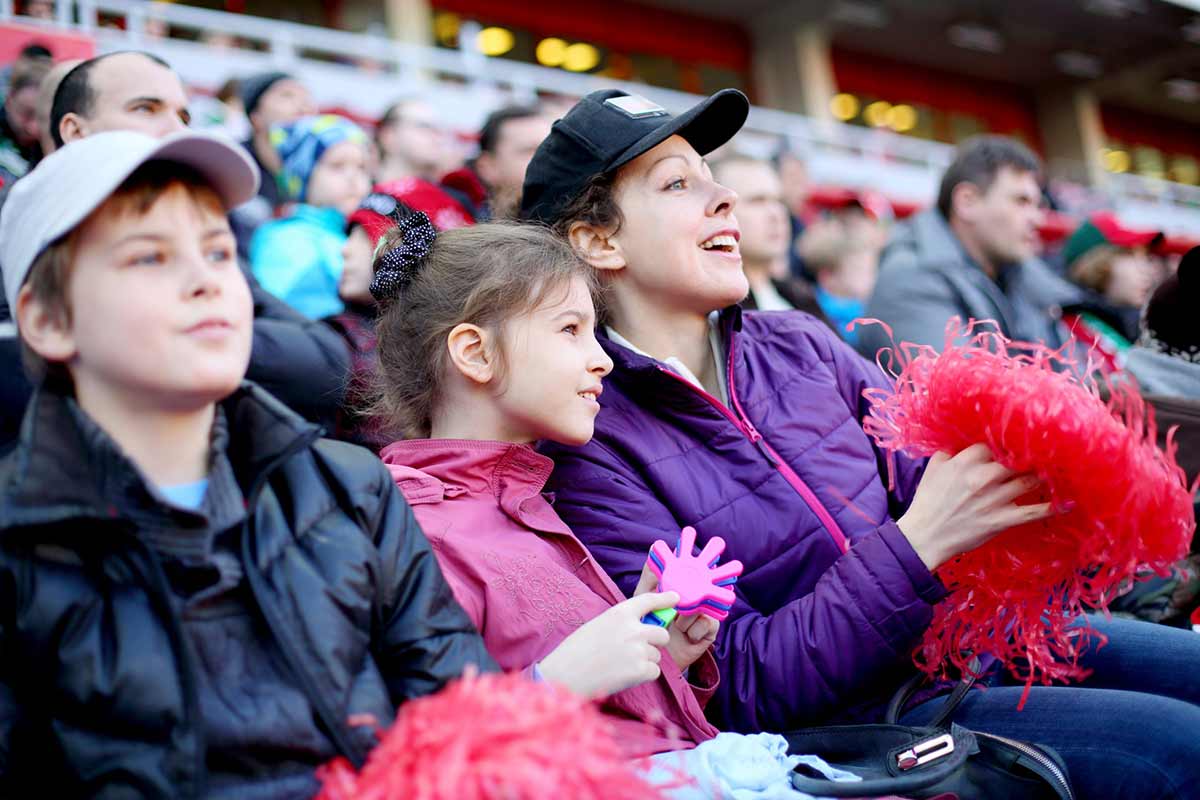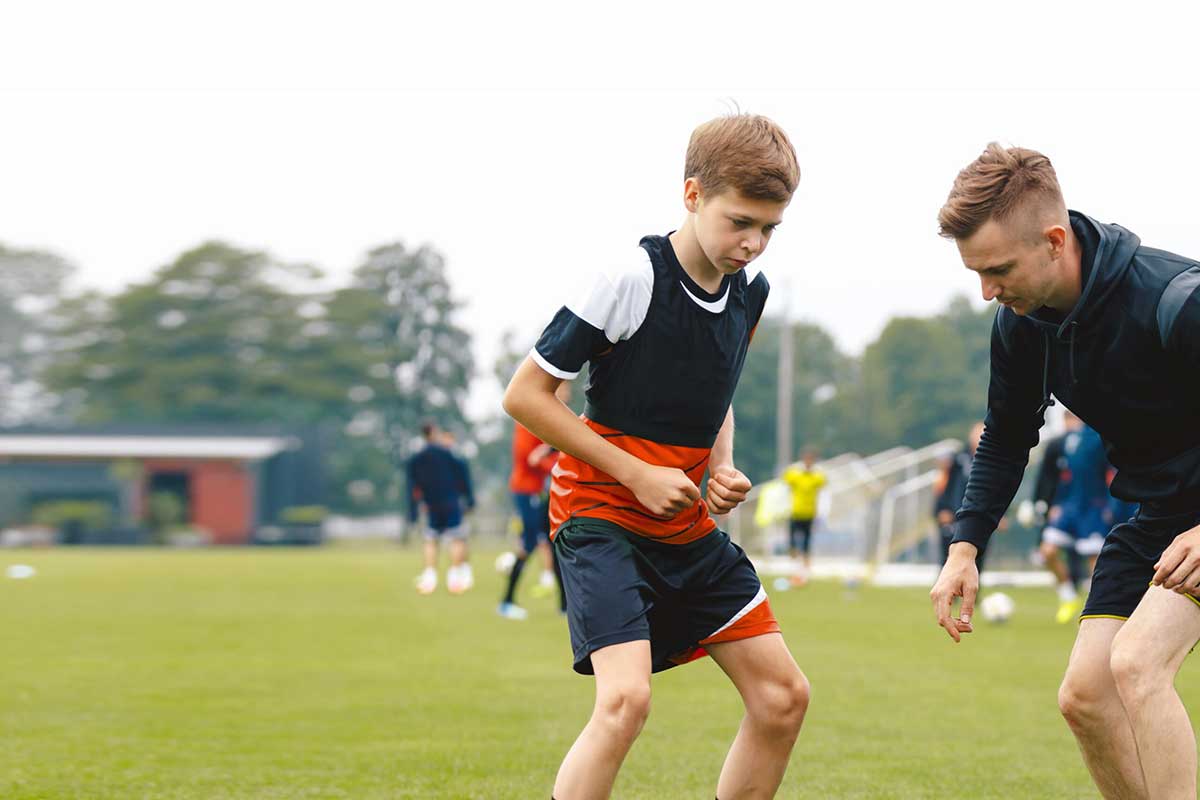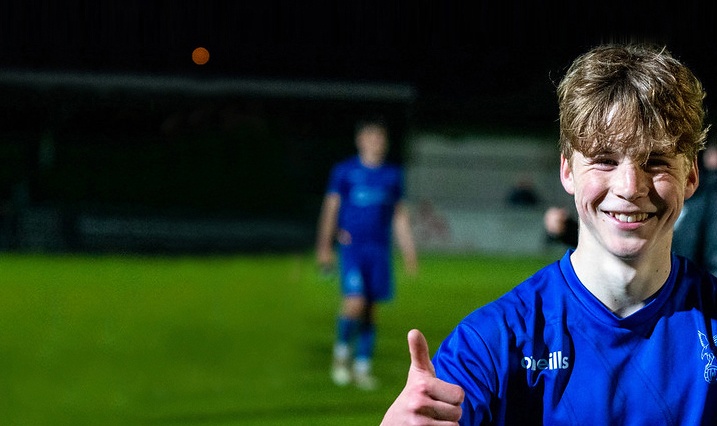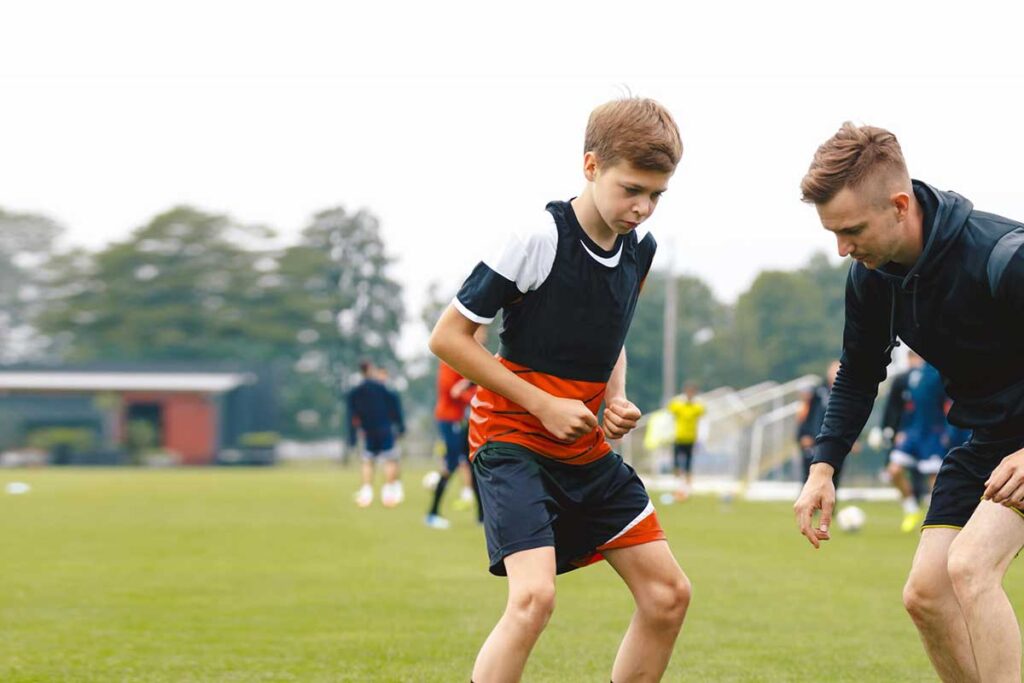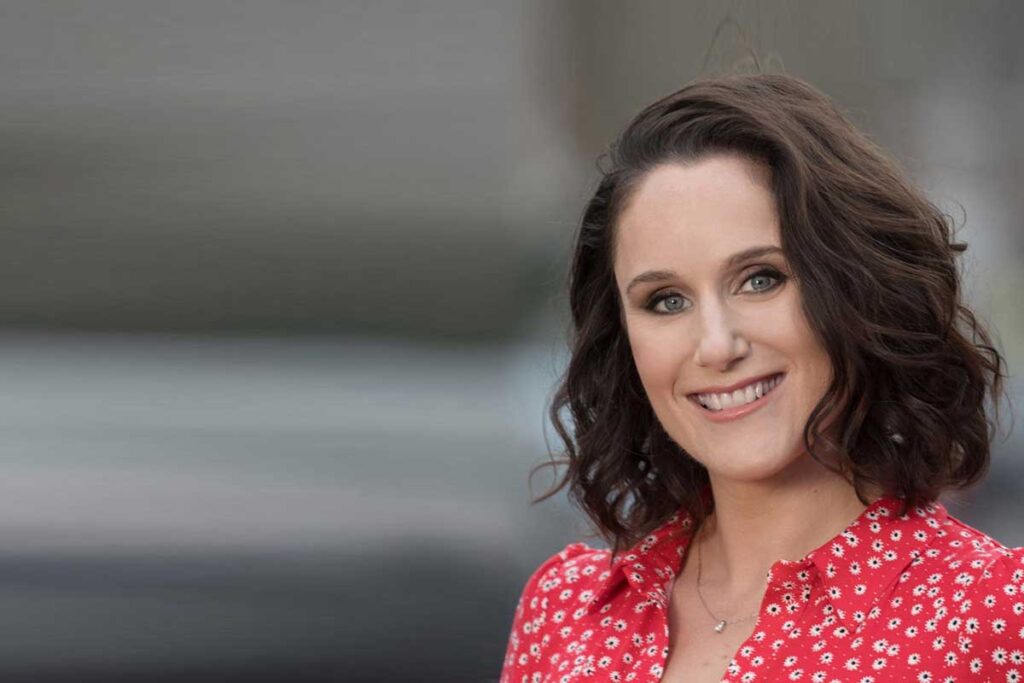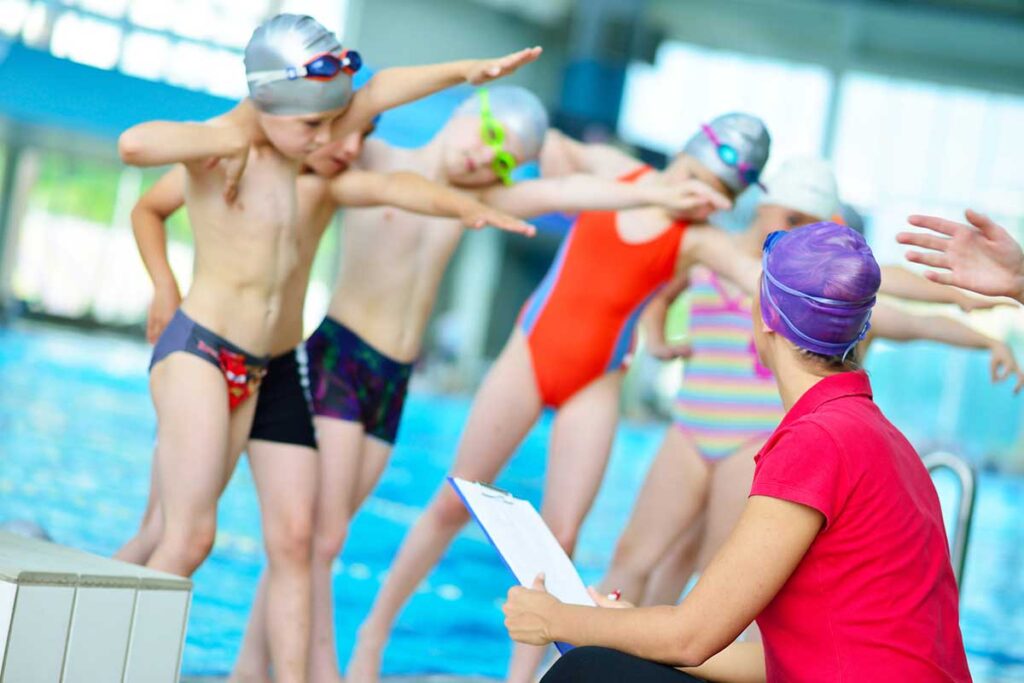If you’re involved with a club or children’s activity business chances are you deal with parents on a regular basis.
Parental support in any extracurricular activity can be a really encouraging and positive thing for kids.
However, when parents shout instructions from the side-lines or become critical of their own and other children, their involvement becomes problematic.
It’s essential for coaches and teachers to be aware of the difference between problem parents and parents with problems, so they can take the right steps to deal with concerns in a constructive, empathetic, and practical way.
Keep reading to discover the difference between the two and how you can help each situation.
Problem parents
A problem parent, can often become emotional, aggressive, push too hard, take unreasonable stances or frustrate the coach and other parents.
Some common traits of problem parents include:
- Being too critical of your decisions or strategies
- Being inappropriate or rude in the way they communicate with you
- Being disruptive at games and practices
- Having unrealistic expectations of their child’s success
- Expecting special treatment for their child
- Consistently complaining about other team members, students or coaches
- Engaging in confrontational or aggressive behaviour with other parents or team members
- Expecting an unreasonable amount of your time or attention
Suniya Luther, a professor at Arizona State University, recently did research into the effect pushy or overly critical parents can have on their children. She said, “When parents emphasise children’s achievements much more than compassion and decency… they are sowing the seeds of stress and poorer well-being. . . The more parents are able to balance their encouragement of personal success with the encouragement of maintaining kindness and personal decency, the more likely it is that children will do well.”
So, although a parent may think their side-line instructions are educating the team, or their ideas for your dance school are superior to your own, they’re probably doing way more harm than good.
It can be mortifying for children to see their parents constantly making a fuss, but on the flip side, pushy or aggressive parental behaviour can also give the child an unrealistic sense of entitlement and their own talent.
Parental criticism can also just steal the joy from the activity, making it something to worry about rather than enjoy.
How should you deal with a problem parent?
Dealing with problematic parents requires tact, sensitivity, and firm communication. Skills that take time to develop and understand. Here are some ways to best handle them and the situation:
- Hold a preseason or new year parent meeting – Setting clear expectations for the parents ahead of time helps ensure that boundaries are understood, and everyone is on the same page
- Establish a contract that contains a code of conduct – Have parents and children sign a contract that outlines expected behaviours, values and discipline
- Appoint a designated parent – A parent who acts like a class rep can handle minor issues, so as not to involve coaches every time
- Communication is key – Open communication between the coach and the parent is critical in dealing with problematic parents
- Listen and keep calm – Listen to the concerns of the parent calmly and engage in a constructive conversation that acknowledges their feelings. Be sure to stand firm though and not be pushed into something you’re uncomfortable with
- Offer to meet in private – Deal with the concerns and complaints in private, ensuring discretion and avoiding causing upset in front of the team or others
- Be proactive – Stay in contact with them to maintain an open line of communication
- Be prepared for the worst-case scenario – Have a plan ready to deal with severe cases, involving higher management or even law enforcement if necessary
- Education is key – Explain to those parents how their behaviour can actually hinder their child’s or the team’s success
Parents with a problem
Parents with problems are very different to problem parents, as their behaviour often results from external factors such as work, stress, or personal issues.
Parents with a problem want to find solutions and don’t expect preference or special treatment for their child. They may however need additional help to ensure their child can continue to do their chosen activity.
If there are problems at home then more often than not, the child will be affected, so it’s worth talking to parents who may be struggling to see how you can support them.
Guardian journalist Steven Morris wrote about a major public health study which found that “people who had adverse childhood experiences but regularly played sports as children were less likely to have a mental illness as an adult.”
Knowing that you can influence a child’s future mental health by finding a way to help them stay in your class or club is an incredible privilege and a great motivation to help enable their continued attendance.
Here are some of the common issues that parents with a problem face:
- Financial struggles, making it difficult to pay for fees or equipment
- Lack of support from other family members or friends, meaning the child’s attendance is inconsistent as they can’t always bring them to classes or games
- Uncertain or traumatic home life, which can lead to behavioural issues with their child/children
- Physical or mental health issues, which again can affect the child’s behaviour and the behaviour of the parent
Traits of parents with a problem
Parents who are trying to deal with a problem, are often trying to juggle too much at once and feel completely overwhelmed by their situation. Their child’s sport or hobby may be one of the first things that fall by the wayside if money is tight or they’ve lost access to transport. If you notice their child’s attendance dropping or their focus waning then try to meet with them to see if there’s anything you can do to help. These parents are often keen to collaborate to find solutions but don’t have the resources to do it all themselves.
Here are the traits to look out for in parents with a problem:
- They’re keen to work through problems and find a solution
- They’re pragmatic about possible behavioural issues with their child
- They’re happy to listen and try to understand your point of view
- They advocate for their child without being unreasonable or unrealistic
- They follow through with action plans
How to support a parent with a problem
Although coaches and teachers aren’t social workers, they are in a position to have a hugely positive impact on the lives of children whose parents may be struggling.
Your club or organisation may be the highlight of that child’s week and offer them a consistency and sense of belonging they don’t get at home. When you communicate with parents who are struggling, it’s vital to remember that they have the child’s best interests at heart and a little support could make a huge difference. Empathy and compassion go a long way.
Here are some ways to support them:
- Be proactive – Offer support and assistance to parents experiencing difficulties. If they’re struggling to get to games or training, see if you can organise lifts for them
- Listen actively – Listen to the parent’s issues with concern and empathy and try to put measures in place to help
- Advocate for the child – Understand that the parent is trying to look out for the interests and safeguarding of their child not just being difficult for the sake of it
- Explain your logic – Explain your reasons behind social or performance decisions that are currently affecting the child
- Resolving the problem – Develop a plan to resolve the issue, whether by offering additional resources or working on a plan with the child and their team / classmates
–
It’s vital to understand the difference between problematic parents and parents facing problems. The background issues behind both can sometimes be quite similar but are expressed very differently. Don’t be afraid to stick to your principles and stand by what you believe, even if sometimes it means you lose a child to another club or organisation.
The atmosphere of your club or class comes down to the way you run it, so if parental behaviour is spoiling it for you and everyone else, then you’re justified in taking action. Coaches and teachers can transform the mood of a group by being proactive, firm where necessary, compassionate and clear in the way they communicate.
By maintaining an open dialogue and knowing what your limits are, everyone can have a rewarding experience, focus on the sport itself and enjoy it to the maximum.


